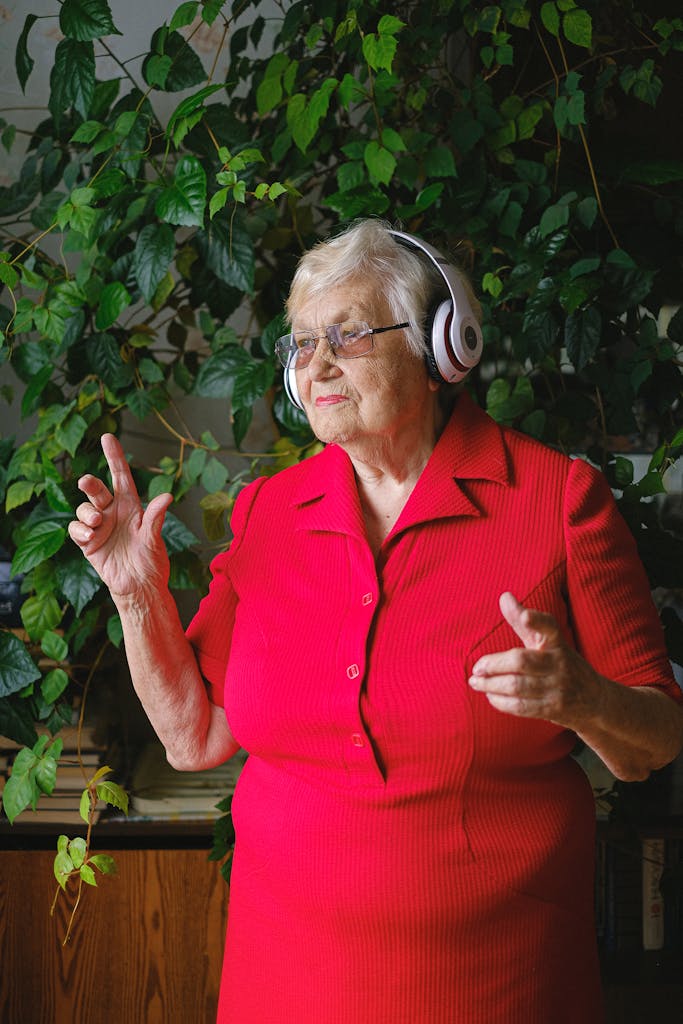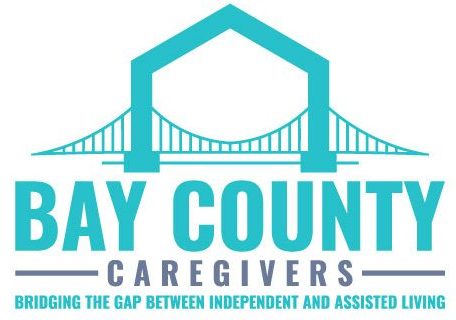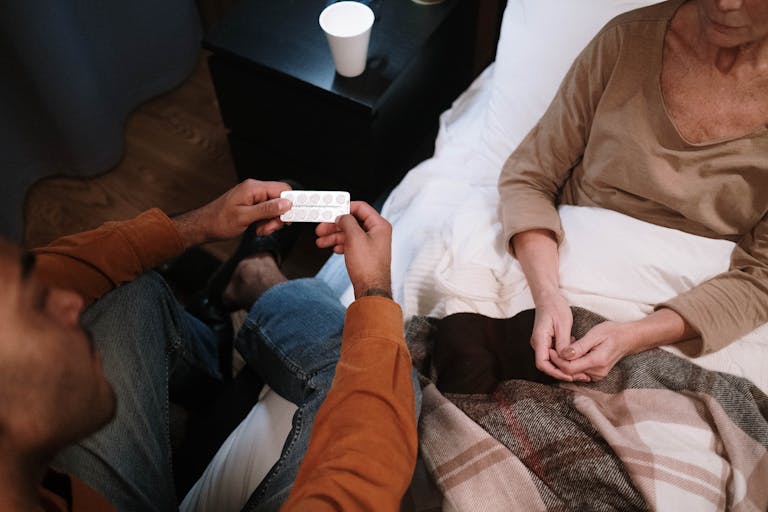Music Therapy for Seniors with Dementia: A Harmony of Healing

Music therapy has emerged as a powerful tool in enhancing the quality of life for seniors with dementia. This therapeutic approach harnesses the profound impact of music to improve cognitive function, emotional well-being, and social interaction. As dementia progresses, individuals often experience declines in memory, communication, and emotional regulation, making music therapy a beacon of hope in their care.
The Benefits of Music Therapy
- Stimulates Memory and Cognition: Music has a unique ability to evoke memories and emotions. Familiar songs and melodies can trigger recollections of past experiences and moments of joy. Music therapy often involves singing along to old favorites or listening to personalized playlists, helping to engage cognitive functions and strengthen memory recall.
- Enhances Emotional Well-Being: Music can soothe anxiety, reduce agitation, and elevate mood. For seniors with dementia, music therapy provides an emotional outlet and a sense of comfort. Engaging with music helps to reduce feelings of frustration and depression, fostering a more positive emotional state.
- Facilitates Communication: Dementia can impair verbal communication, making it challenging for individuals to express themselves. Music therapy offers alternative forms of expression through singing, rhythmic activities, and playing instruments. This non-verbal communication can bridge gaps, allowing seniors to connect with others and express their feelings more effectively.
- Promotes Social Interaction: Group music therapy sessions provide opportunities for socialization and shared experiences. Singing together, playing group instruments, or simply enjoying a music session fosters a sense of community and belonging. This social engagement is vital for maintaining social skills and reducing feelings of isolation.
Implementing Music Therapy
Music therapy can be tailored to suit individual preferences and needs. Certified music therapists work with seniors to create personalized music programs, often involving:
- Listening to Favorite Tunes: Incorporating music that holds personal significance or evokes positive memories.
- Interactive Sessions: Encouraging participation through singing, dancing, or playing simple instruments.
- Music-Based Activities: Using music as a backdrop for various activities, such as art or reminiscing exercises.
Getting Started
To incorporate music therapy into the care plan for a senior with dementia, consider:
- Consulting a Certified Music Therapist: Professionals can design and implement a music therapy program tailored to the individual’s needs.
- Creating a Personalized Playlist: Compile a collection of songs that resonate with the individual, including their favorite genres and artists.
- Observing Reactions: Pay attention to how different types of music affect the person’s mood and behavior, and adjust the approach accordingly.


Conclusion
Music therapy offers a harmonious blend of cognitive, emotional, and social benefits for seniors with dementia. By integrating music into their care routine, families and caregivers can create enriching experiences that enhance quality of life and bring moments of joy and connection. As the melody of life continues, music therapy serves as a reminder of the enduring power of music to touch hearts and uplift spirits.





